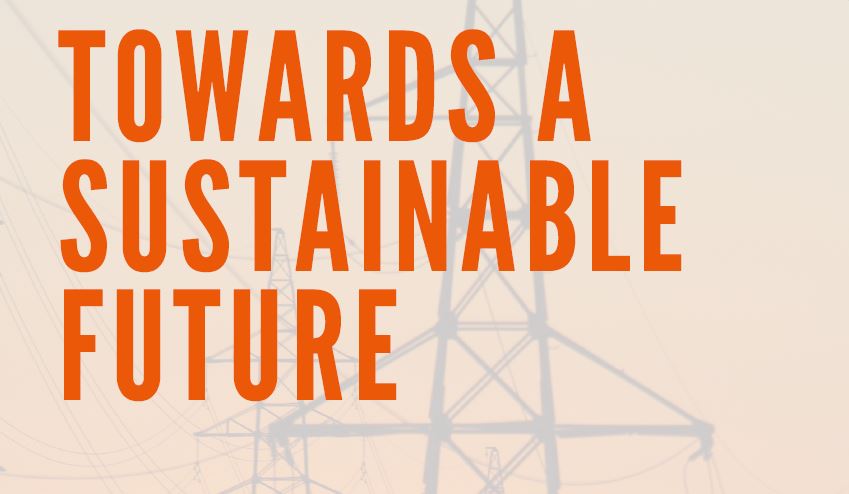Fraunhofer IEE
German-Chilean Knowledge transfer started with online workshop
Although Chile and Germany are seperated by several thousand kilometers, the transformation of the energy system is confronted with partly similar challenges. Therefore, Chilean and German experts took the opportunity to discuss and share latest developments of the energy transition in their countries during the international workshop “Towards a Sustainable Future”. Highly topical issues from science and business as well as the political arena were presented, ideas exchanged and starting points for future cooperations explored. Originally planned as a personal meeting in Santiago de Chile in March 2020, the meeting was postponed due to COVID-19 and has now taken place in form of an online seminar.

In both countries, the restructering of energy systems is linked to an increasing importance of decentralized, renewable energies. Basis for a successful integration into the energy system is an adaption of the transmission grid. Accordingly, grid planning was picked as a central topic of the seminar. Various topics were presented, from the regulatory framework conditions, analytical tools for grid adaption, the importance of different technologies up to social challenges posed by new energy systems. Scientists from the Universidad Catolica, Univesidad de Santiago de Chile, and FCR-CSET in Chile and Fraunhofer IEE in Germany as well as experts from industry and the Energy Ministry were invited to present their own views, projects and discuss opportunities in a guided discussion. The shared aim was to develop different pathways to a CO2 free energy supply that is affordable and socially fair.
Dr. Ulrike Fuchs, International Business Development and Research Cooperations at Fraunhofer IEE, emphasized the importance of the workshop: "We have consolidated the basis for a continuous cooperation and exchange. As a result, we hope that a long-term cooperation with the Chilean partners will be achieved, followed by project initiatives. The international exchange between institutes, universities and private partners across continents is essential for the global transformation of energy systems. Our work with Fraunhofer CSET is here an important link to Chile.”
Already during the workshop it became clear that there are possibilities for future cooperation, as questions from participants showed. Strong interest was shown, for example, in the use of the analytical tool Pandapower for planning and adapting transmission grid infrastructures, which was presented by Dr. Leon Thurner from the Fraunhofer IEE.
Further discussions may also lead to new cooperation and closer future collaboration with different partners, as Javier Bustos, Asociación de Empresas Eléctricas and moderator of the seminar, also stated: “I imagine there are lots of opportunities after these meetings. I hope we can collaborate in the future, considering the very interesting work all the participants and the institute are doing.” One being the joint work on the tools of the Energy Transition Hub (ETHub). The ETHub is a software platform to simplify and structure data and algorithms and a tool to survey different energy systems and share experiences across the globe. This platform can be an important aspect in making the German and Chilean energy transition better comparable.
At the workshop, Prof. Dr. Frank Dinter, Executive Director of Fraunhofer CSET, highlighted again the relevance of this event: “This Seminar allowed us to show the strengths and opportunities offered by the German-Chilean collaboration for the development of a larger sustainability of the national electrical system. We are convinced that there is a need for further progress in the integration of renewable energy. In this sense, the alliance between the German Fraunhofer Institutes and the Center for Solar Energy Technologies in Chile allows us to generate a solid working bridge of collaboration for knowledge and technology transfer into a country with an incomparable solar resource”.
The seminar was funded by the German Federal Ministry of Education and Research (BMBF). Fraunhofer IEE (together with partners form Chile) was one of the winners of the ideas competition at the BMBF's Chile Day for a joint workshop on the topics of the ETHub.